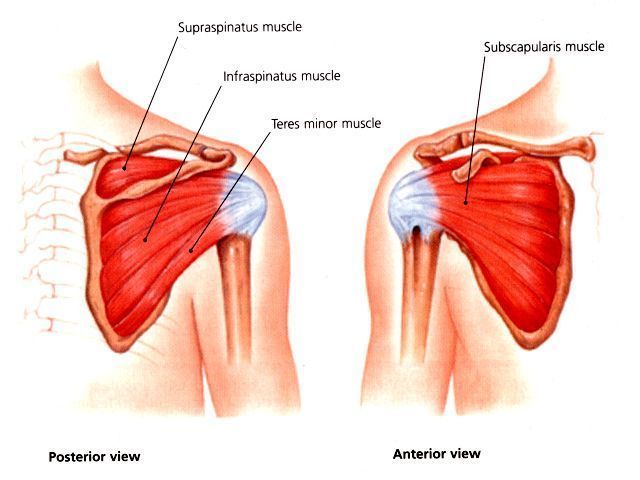Vegetarian Diets & Nutrients
Vegetarian Diets & Nutrients
Vegetarians typically don’t eat meat, poultry, fish or shellfish. However different types of vegetarian diets exist, for example Lacto-ovo vegetarians eat dairy foods and eggs but not meat poultry or seafood, Ovo-vegetarians eat eggs but exclude all other animal foods including dairy, whereas Vegans don’t eat any animal products at all, including honey.
Well-planned vegetarian diets can be nutritious and healthy. They are associated with lower risks of heart disease, high blood pressure, type 2 diabetes, obesity, certain cancers and lower cholesterol levels. This could be because such diets are lower in processed food, contain fewer calories and more fibre and phytonutrients (these can have protective properties) than non-vegetarian diets.
If you are eating a vegetarian diet there are some specific nutrients you need to consider:
Protein
Protein is made up of building blocks called amino acids. Some amino acids are essential, as the body can’t make them itself. Animal proteins contain the complete mix of essential amino acids. Soya, quinoa and hemp are plant foods containing all the essential amino acids.
Most other plant proteins provide some, with each plant providing a different combination. So, as long as you’re eating a mixture of different plant proteins you’ll be getting all the essential amino acids your body needs.
Vegetarian sources of protein include:
- beans, lentils and chickpeas
- soya and soya products e.g. soya dairy alternatives, tofu, soya nuts and soya mince
- seeds
- nuts and nut butters (e.g. peanut butter)
- grains such as wheat (found in cereals, pasta and bread), rice and maize.
If you eat them:
- eggs
- milk and dairy products (yoghurts and cheese)
- mycoprotein a high-protein vegetarian meat alternative (has added egg).
Iron
Red meat is the most easily absorbed source of iron, but various plant foods also contribute:
- fortified breakfast cereals
- dried fruit
- beans/lentils
- leafy green vegetables
- sesame seeds
- nuts
- wholemeal bread.
To help your body absorb iron from plant foods, include a source of vitamin C with your meal (e.g. vegetables, fruit or a glass of fruit juice).
Calcium
Dairy foods are rich in calcium. If you’re not eating these, include plenty of the following:
- tofu
- calcium-fortified foods e.g. soya milk, yoghurts and puddings; rice/oat drinks; and fruit juice
- green leafy vegetables, especially kale and pak-choi, but not spinach. Although spinach contains calcium it is bound to a compound called oxalate. This greatly reduces it absorption making it a poor source of unusable calcium.
- brown/white bread
- sesame seeds/ tahini
- nuts
- dried fruit e.g. apricots and figs
Vitamin D
Our bodies make vitamin D from sunlight during the spring and summer (with sufficient exposure). Foods that contain vitamin D are limited, such as:
- fortified brands of soya milks, yogurts and desserts – check the label
- fortified breakfast cereals – check the label
- dried skimmed milk
- fortified yoghurts
Additional supplements are recommended for groups at risk of deficiency including all pregnant and breastfeeding women, children under five-years-old, people aged over 65 years and people who are not exposed to much sun. As i mentioned in the last few weeks, the UK has recently updated recommendations, “Everyone over the age of four should take 10 micrograms of vitamin D every day, particularly from October to March”. This is of note as Ireland lies at a similar latitude and as such we are exposed to similar levels of sunlight during these winter months.
Vitamin B12
Eggs and dairy foods contain Vitamin B12. Vegans should include fortified foods containing Vitamin B12 (check the label):
- yeast extract
- soya milk, yoghurts and desserts
- breakfast cereals
- certain brands of rice drinks and oat drinks.
Omega-3 fats
There are two types of omega-3’s:
- long versions found in oily fish – DHA and EPA
- short versions from vegetable oils, particularly flaxseed, rapeseed and soya oils – ALA.
The long versions are particularly good for us and current advice recommends eating two portions of fish a week, one of which should be oily. The short versions may not have the same benefits. Although our bodies can convert some ALA into EPA and DHA, the conversion isn’t very efficient.
To maximise this conversion:
- avoid foods high in saturated fats
- limit vegetable oils high in linoleic acid (an omega-6 fat) such as safflower, sunflower and corn oils and instead obtain this fat from whole plant foods such as soya
- focus on plant foods that contain ALAs
- If you don’t eat fish, consider a supplement made from algae derived DHA, include sea vegetables into your diet or eat foods fortified with DHA
Well-planned vegetarian diets are appropriate for all stages of life and have many benefits. These guidelines will help you enjoy all the health benefits and ensure you are eating a nutritious and complete diet.
BSc (Hons) Sport and Exercise Science, MSc. ANutr.
ModernDigital - Donegal Web Design




